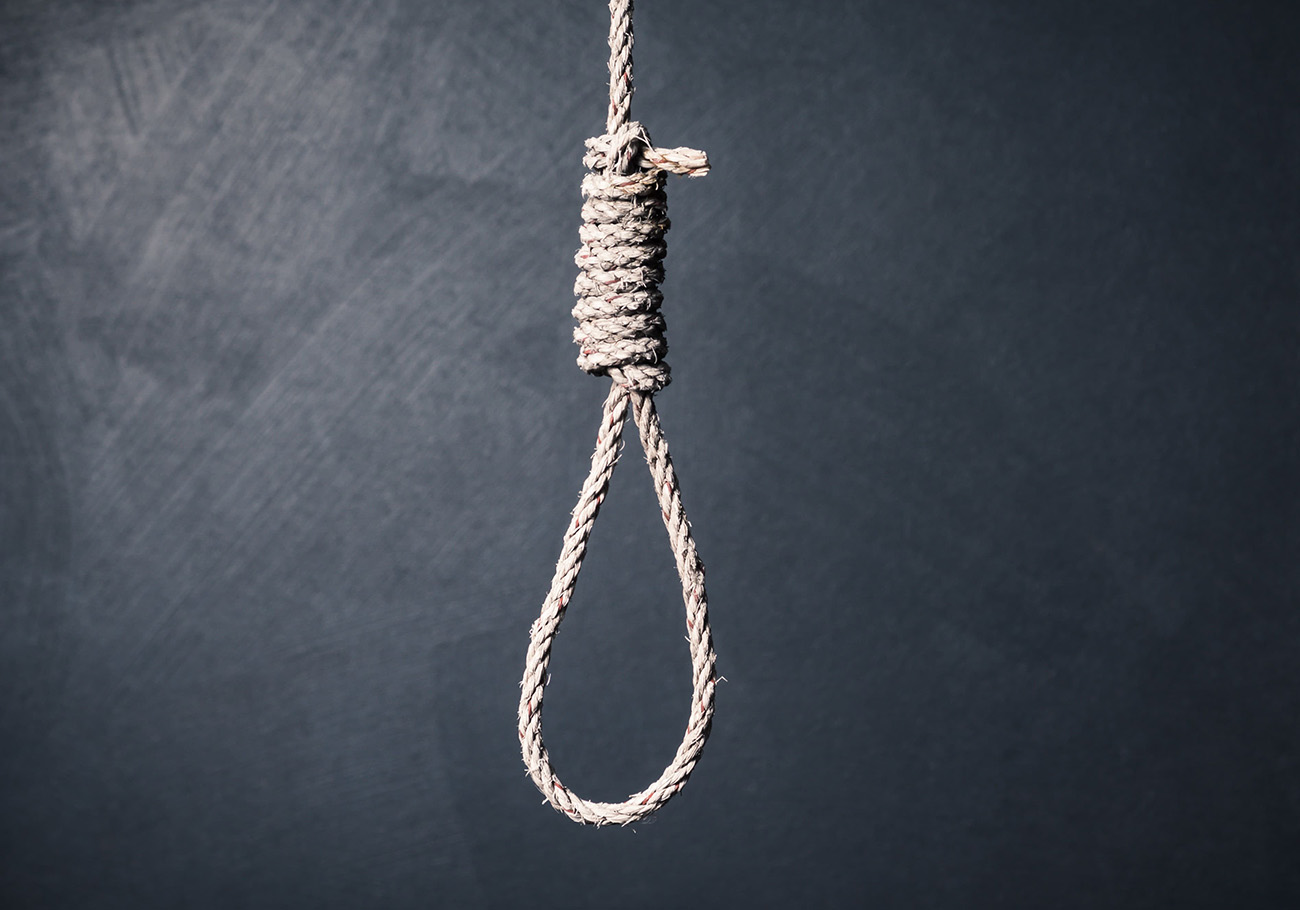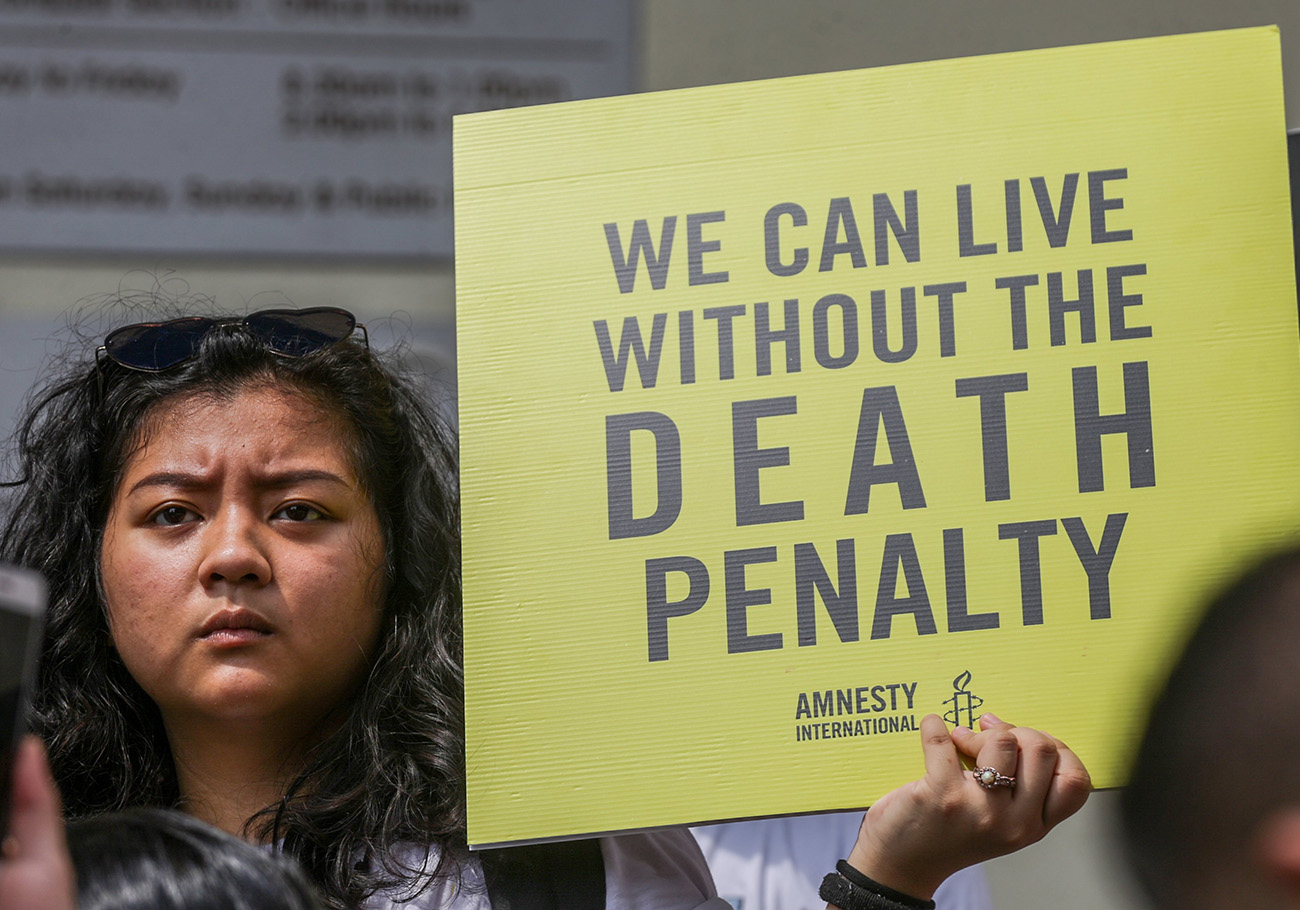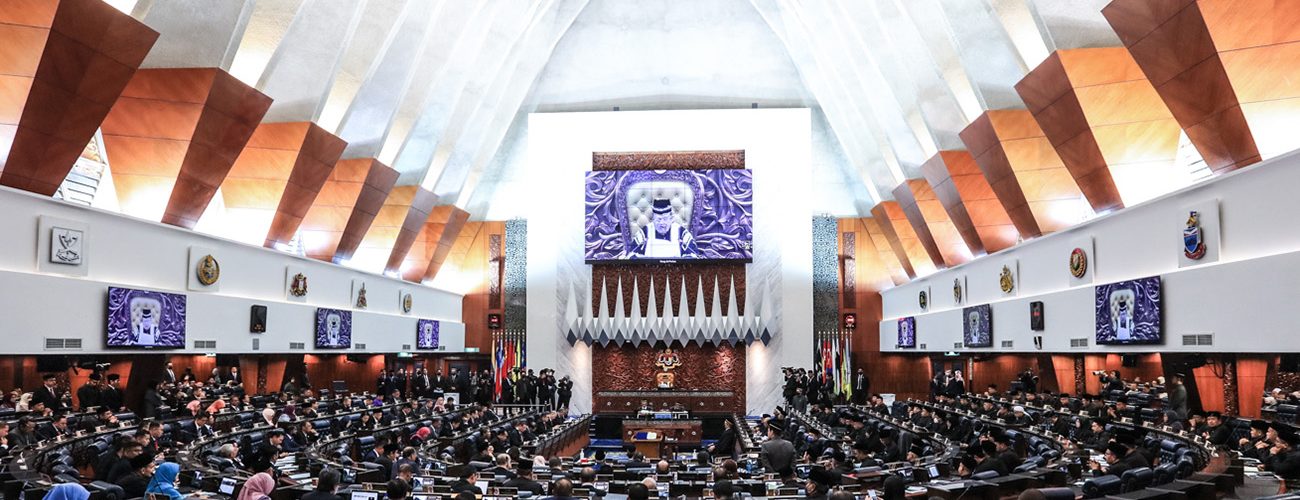
Dewan Rakyat has passed a series of legal reforms that will abolish the mandatory death penalty and natural-life prison sentences, as well as trim the number of offences that carry the death sentence.
The amendments, which give judges discretion when it comes to sentencing a convicted person to death, were passed on April 3, 2023, and will apply to 34 offences that currently carry the death penalty, including murder and drug trafficking. Capital punishment will also be removed as an option for some serious crimes that do not cause death, such as discharging and trafficking of a firearm and kidnapping.
Under the new amendments, alternatives to the death penalty will include caning and imprisonment of between 30 to 40 years. Life imprisonment sentences, defined by Malaysian law as a fixed term of 30 years, will be retained. The new jail term will replace all previous provisions that call for imprisonment for the duration of the offender’s natural life.

The Abolition of Mandatory Death Penalty Bill 2023, which has been tabled for the first reading in the Dewan Rakyat, seeks to revise the current death penalty by giving judges the discretion to mete out sentences on a case-by-case basis. The bill is to be debated in three readings from both the Dewan Rakyat and Dewan Negara before being presented to the Yang di-Pertuan Agong for royal assent and subsequently gazetted. For the amendments to take effect, the bill must be approved by way of these readings.
Malaysia has had the death penalty in place since the time of the British colonial administration, and the mandatory death penalty was originally enforced for murder. The country inherited the common law system, including the death penalty, when it achieved independence in 1957.
The Dangerous Drugs Act, enacted by the British colonial government in 1952 to combat the threat of substance abuse, carried the death penalty for drug trafficking under Section 39B but was not carried out until 1975. The death penalty remained discretionary for Section 39B up until 1983 when the legal provision was amended to make it mandatory.

At present, Malaysia is one of 53 countries worldwide that still maintain the death penalty in both law and practice. According to the Prison Department’s latest data, a total of 1,318 prisoners were sent to the gallows between 1992 and 2023 for one of seven capital offences that carried the mandatory death penalty. Of these, 870, or 66%, comprised drug offenders, followed by convicted murderers at 318, or 24.1%.











